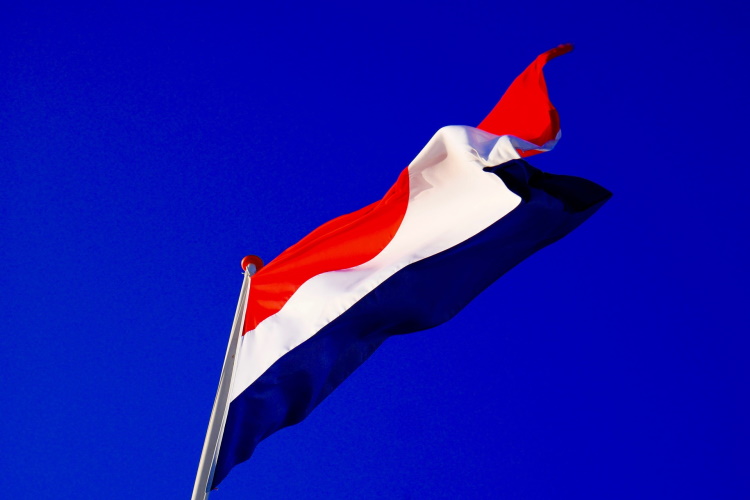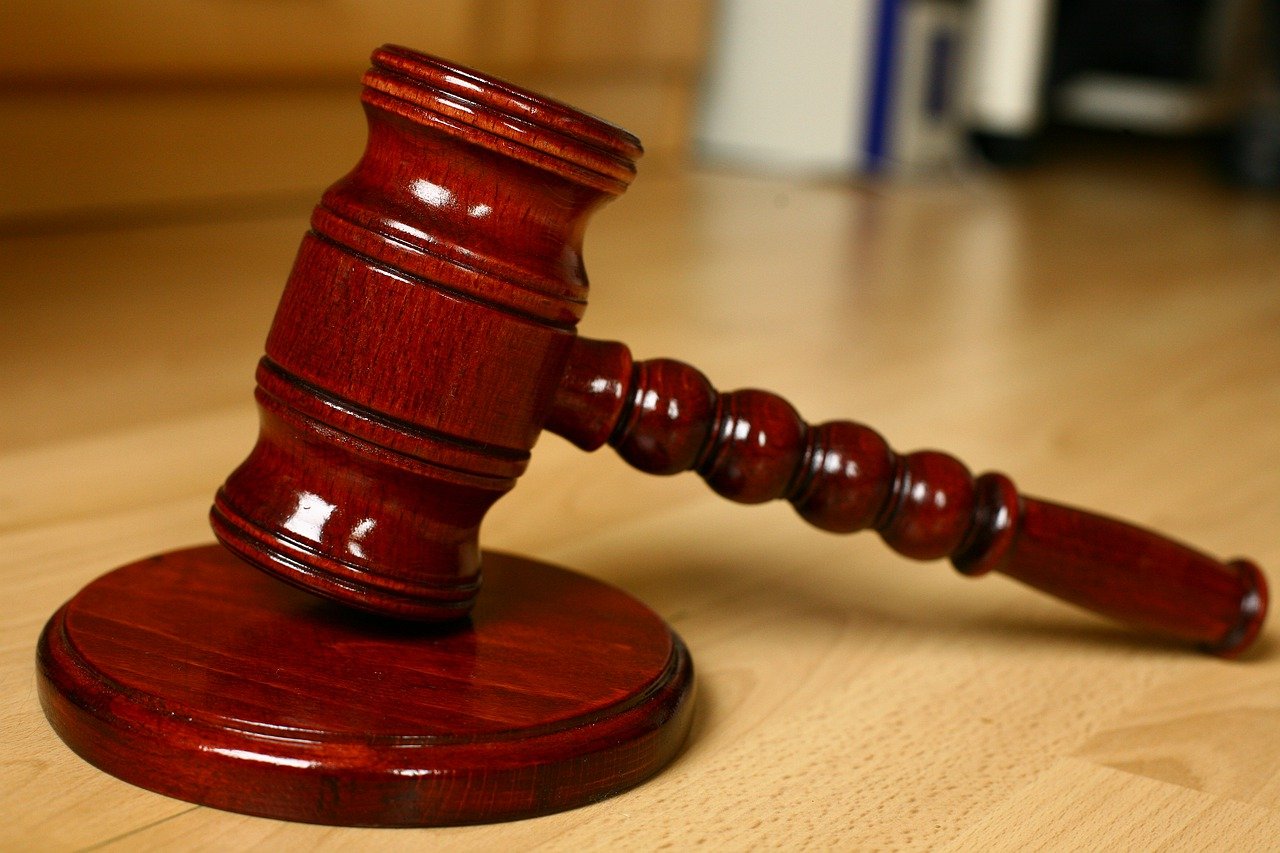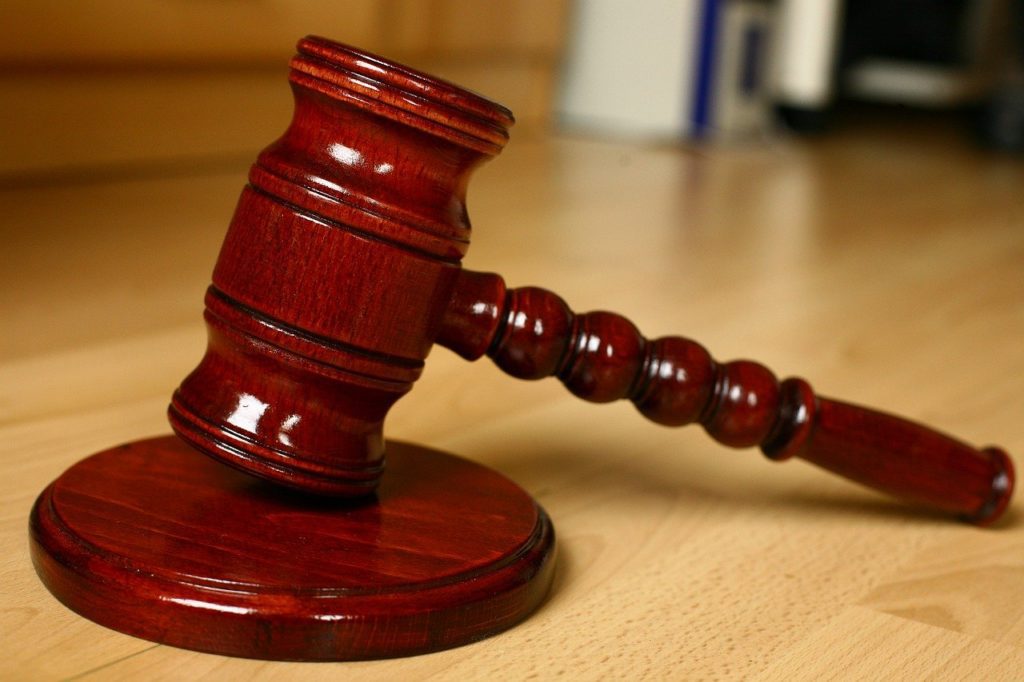The Netherlands government has implemented a ban on most forms of gambling advertising after a number of delays.
On 1 July, the Netherlands implemented a ban on gambling ads through most media channels including on television, in radio and in print.
The new rules also prohibit advertising in public places. This will extend to billboards, bus shelters and cafes, as well as within gaming venues themselves such as casinos and slot parlours.

Gambling sponsorship of events and clubs will also be halted under a phased rollout. From 1 July 2024, it will be prohibited to sponsor events and programmes, while sponsorship of venues and clubs will end from 2025. The new rules also impose new restrictions on affiliate advertising.
However, targeted advertising will be permitted in some contexts. This means that ads within on-demand streaming services, social media, through direct mail and other online gaming environments will be permitted.
The regulator has made clear that the goal will be for 95% of those viewing such ads to be over the age of 24. There remains a degree of ambiguity about how exactly this will be defined, monitored and enforced.
Kansspelautoriteit (KSA) has said that it will only issue “limited” guidance for the ban, in the hope that the operators will take the lead on this issue.
KSA’s approach to enforcement
The body said if the new rules need further clarification, it would let the sector know. However, the regulator warned licence holders not to push the boundaries of the law – a repeat of a similar warning issued by KSA chairman René Jansen last month.
The regulator has previously made clear that it would be careful in how it approached enforcing the new rules. This led to a number of anti-gambling politicians to send questions to the minister responsible for the gambling brief, Franc Weerwind, querying whether this represented the wisest approach.

However, the minister defended Jansen’s remarks, arguing that communication with licence holders could often be more effective in setting behaviour than fines.
Whatever the case, the regulator said it would be watching how operators respond to the restrictions: “Now that the ban is in force, KSA is actively monitoring how the new advertising rules and obligations for licence holders are being applied in practice,” said the regulator.
New advertising code
In line with the imposition of the advertising ban, the Dutch gambling industry has introduced a new version of its self-regulation guidelines, the Advertising Code for Online Games of Chance.
Several months after the launch of the Dutch regulated market, gaming trade bodies VNLOK and NOGA introduced the code after the Consumers Association withdrew its support for the guidelines.
Alongside other measures, the code included requirements on how inducements should be advertised, a 30-second time limit on the length of adverts and a limit of three gambling ads per advertising session.
Casino Nieuws outlined that the new advertising code includes a number of restrictive measures on top of the new rules. These are that operators:
- Do not include language that encourages irresponsible play
- Inform players about responsible play
- Limit the use of welcome bonuses
The road to the gambling ban
The Netherlands launched its regulated gambling market on 1 October 2021. The months following legalisation saw gambling operators spend a great deal on advertising.

Weerwind’s March 2022 announcement of stricter gambling ad rules originates in concern about the effects of the proliferation of ads on the Dutch public.
The Minister committed to this path after the Dutch parliament approved a motion calling for a total gambling advertising ban, introduced by Socialist Party MP Michiel van Nispen.
In July 2022, the Minister released a more detailed plan of what the ban would look like in practice.
While the Minister’s original announcement that the ban would be implemented on 1 January 2023, a lack of clarity on some of the provisions of the ban saw the government push the date back several times before setting on the July date.
The news came as Belgium also moved to prohibit all forms of gambling advertising in a ban in some ways more total than the Dutch case.
